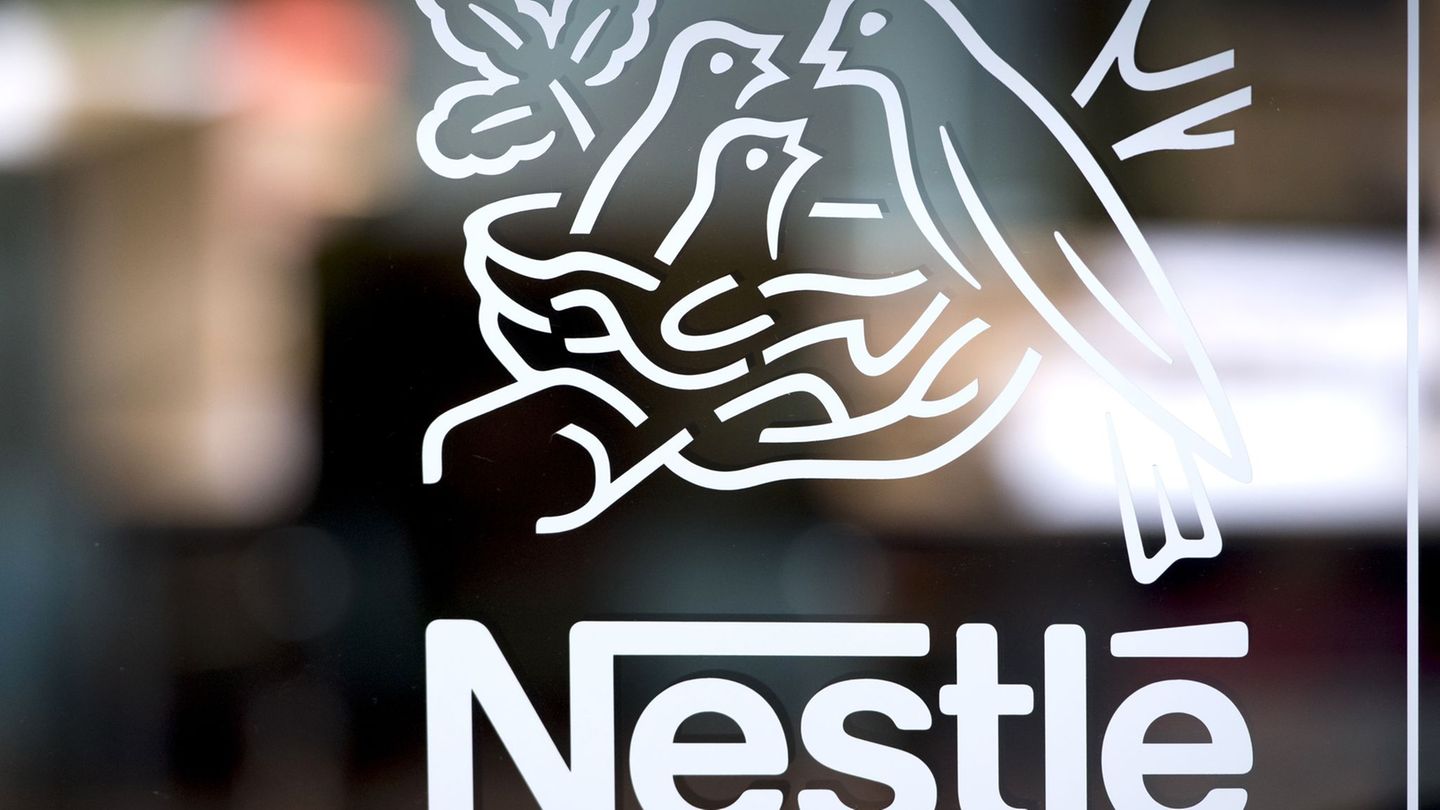Menu
Forbidden price agreements: BGH checks: is managing directors for antitrust levels?
Categories
Most Read
Fuels: ADAC: Fuel price rule could make refueling more expensive
October 16, 2025
No Comments
Federal Court of Justice: After Wirecard insolvency: BGH examines shareholder claims
October 16, 2025
No Comments
Industry in crisis: Car cities are suffering from a decline in trade tax
October 16, 2025
No Comments
Traffic: Cheaper driving licenses? Transport Minister makes suggestions
October 15, 2025
No Comments
Industrialists warn that the fall in activity and high rates complicate the economic transition
October 15, 2025
No Comments
Latest Posts

Food: Nestlé cuts 16,000 jobs
October 16, 2025
No Comments
AngelicaI am an author and journalist who has written for 24 Hours World. I specialize in covering the economy and write about topics such as

Winterizing your car: The best tips for vehicle owners
October 16, 2025
No Comments
Vera StackI’m a recent graduate of the University of Missouri with a degree in journalism. I started working as a news reporter for 24 Hours

Ice hockey: Lukas Reichel scores the first brace of his NHL career
October 16, 2025
No Comments
PierceI am Pierce Boyd, a driven and ambitious professional working in the news industry. I have been writing for 24 Hours Worlds for over five
24 Hours Worlds is a comprehensive source of instant world current affairs, offering up-to-the-minute coverage of breaking news and events from around the globe. With a team of experienced journalists and experts on hand 24/7.

